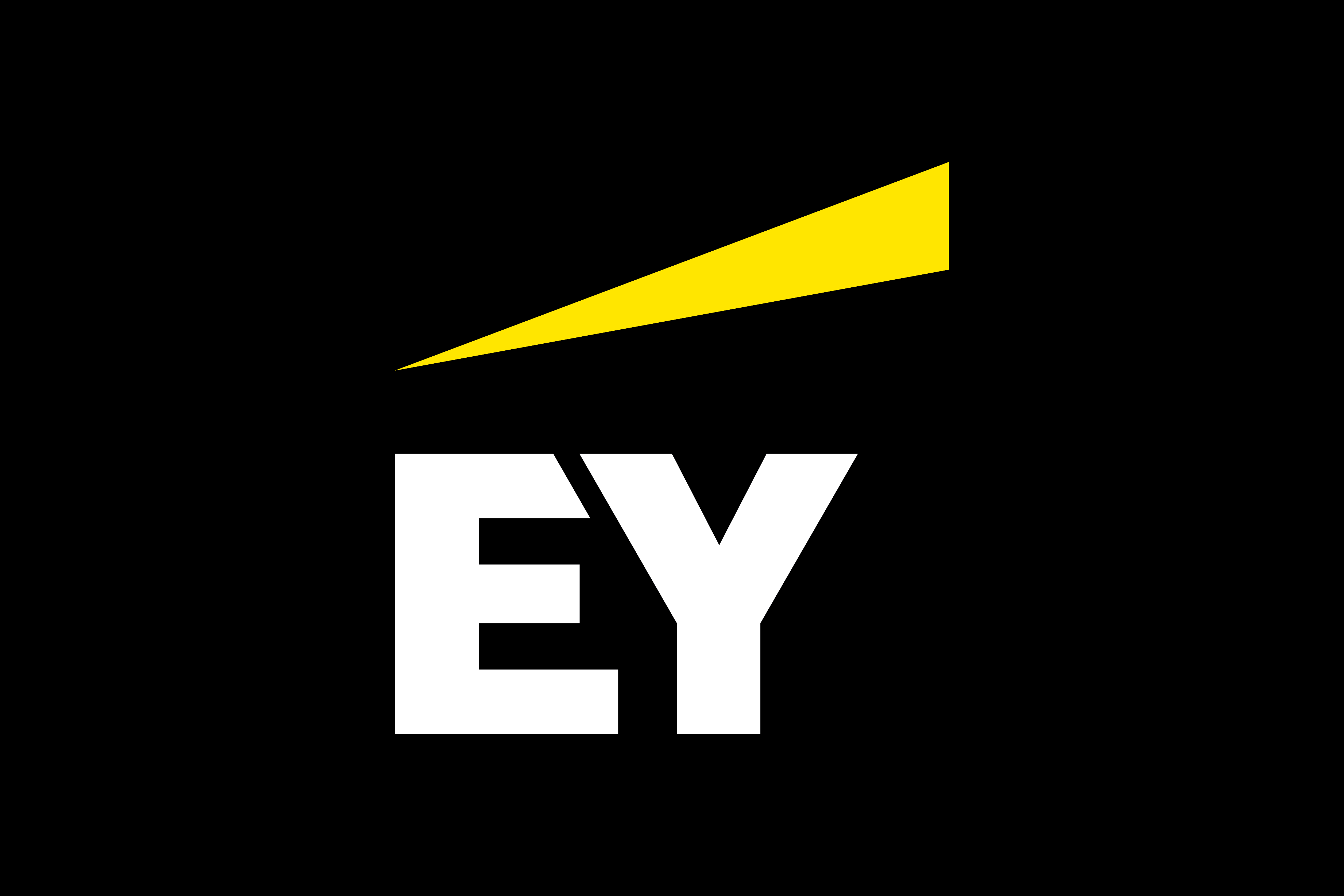EY refers to the global organization, and may refer to one or more, of the member firms of Ernst & Young Global Limited, each of which is a separate legal entity. Ernst & Young Global Limited, a UK company limited by guarantee, does not provide services to clients.

Scan: selling and servicing state-of-the-art equipment
Every one of us has looked through a microscope at one time or another, driven by the curiosity to see something that is invisible to the naked eye. Scan from Preddvor pri Kranju has been selling and repairing electron microscopes and other laboratory equipment in the former Yugoslav region for 31 years. They sell and represent world-renowned manufacturers of electron microscopes, spectrometers, vacuum and other laboratory equipment. The family company currently employs nine people and earns around €1.7 million in revenue.
The equipment they sell is used by research institutes and companies in different industries, who have their own R&D and control labs. They also offer comprehensive training and servicing support to the customers who buy their state-of-the-art instruments. Scan was founded in 1990 by Slavko Žižek and today the second generation of the family is actively involved in the company. Their main values are integrity, responsibility and honesty and their ambitions for the future are to remain a leading company with service staff trained in electron microscopy, vacuum and cryotechnologies.
We are building the best customer support team for the best equipment in the world.

Initial doubts and persistence through hard times
As a young electro-engineering graduate, Slavko got a job at the Institute of Electronics and Vacuum Technology. “They were looking for someone who could work with the well-known Japanese company, Jeol. They chose Slavko
without a second thought, since they recognized his potential,” recalls his wife Mojca.
Slavko began his career by servicing the Japanese equipment across all regions of Yugoslavia. In the 90s, driven by the flourishing computing industry, several engineers began leaving the Institute, including Slavko. However, Jeol wanted to continue working with him and with their encouragement he opened his own company.
The first year was hard; they had almost no sales and business came largely from repair and maintenance work. Scan worked with two strong brands – Jeol and Oxford Instruments – but the market was very unpredictable at the time and a year later it completely collapsed due to the Balkan wars.Despite the difficult times, Slavko continued repairing electron microscopes: “I was the only one repairing and maintaining electron microscopes in the former Yugoslav region. There was a lot of demand for these microscopes, which are needed in several industries to inspect sample surfaces, for quality control, in research labs, to inspect pathological tissues, viruses and bacteria.” They established strong relationships with clients and maintained close ties. “We issued several invoices, but there was no money because of the war,” explains Mojca, who still worked as a high-school IT teacher at the time.
Despite all the uncertainty, Slavko and Mojca believed in their entrepreneurial venture. They were backed by excellent business partners and had a competitive advantage as the first company offering such services in the former Yugoslavian market. In time they found another strong partner in the field of vacuum technology, the German company Pfeiffer Vacuum.

Confidence in what they do
Their reputation for sales, plus their excellent repair and maintenance services, ensured continuous development of the company and Slavko received increasing orders. When he could no longer manage the business on his own, Mojca joined him in 1993 and later they employed another repair specialist and a business assistant. “My husband managed the company, which meant that I was already kind of involved, so I simply helped out,” says Mojca, who quickly found her place in the company, though she sometimes still misses teaching.
Their son Jernej, a mechanical engineer by education, joined Scan seven years ago. “We had a lot of work. We had to increase sales in our vacuum program, which is why we involved Jernej, who was interested in it,” says Mojca. Jernej’s guiding philosophy is that the best foundation for good sales is a good maintenance and repair service and excellent technical knowledge of the product: “You have to be confident in what you sell.”
Three years later, Martin also joined, although he admits that he did not want to work for the family company at first. “I always wanted to travel and gain experience abroad, but when I finished studying my parents needed help and because I like to help, I changed my career plans,” explains Martin. Maintenance and repair work is very diverse and today he enjoys it very much: “I like that the work is very varied, I always learn something new. There is no such thing as too much knowledge, which is why you must keep learning.”

A family of volunteers
In addition to Jernej and Martin, the Žižeks have two other children. Their third child was born with cerebral palsy, which is why Mojca has put her heart into volunteering in this field for years. “I’ve been the President of the Regional Association for Cerebral Palsy and I’ve been helping with various projects for more than 15 years. We help families with children with cerebral palsy by organizing lectures for the parents, to help them get through this experience, as well as therapies and vacation camps for children,” explains Mojca, who finds personal satisfaction in helping others. All family members volunteer for the association, and they also offer financial assistance.
In addition to selling state-of-the-art instruments, Scan also offers their customers all the necessary training and servicing of equipment, which leads to excellent results.
Working with state-of-the-art technologies
The specialized nature of work in Scan means that every new employee needs additional training. “It takes a while before they can work independently. The most important characteristics are persistence, patience and desire for new knowledge. We are building the best customer support team for the best equipment in the world,” explains Slavko. “Our former employees sometimes thank us for all the knowledge they gained while working with us. We really appreciate that,” adds Mojca.
“Our work is very diverse, and our employees work very independently. We appreciate people who can think for themselves and organize their own work, but who are also team-oriented and like to keep learning,” says Slavko of the characteristics of their employees. “In our field you work with the latest technologies. I started repairing electron microscopes when they still had electron tubes, then there were transistors and microprocessors, and now everything is computer controlled. The next thing is development of AI,” explains Slavko. Martin adds: “We are working with state-of-the-art equipment. Being able to repair equipment most people don’t even know exists is a special challenge.” The Žižeks say that they do need new people, but also point out how difficult it is to find good technical talent these days. “The most important thing is that they are eager for challenges but it depends on their individual working habits and how much they are prepared to sacrifice,” says Jernej, who made well-being in the family company his priority.

They appreciate integrity, responsibility, and open communication
Interpersonal relationships and communication skills are highly valued in the company. They have a professional relationship with all employees and do not pay attention to family ties.
“Slavko encourages everyone to attend training related not only to the technical part of our work, but also to relationships within the company, such as workshops on communication and values,” explains Mojca. “Repair and maintenance services require more than just good work. You must also know how to communicate, both with customers and within the company,” confirms Martin.
They act respectfully and responsibly to everyone they encounter as part their work: customers, employees, and everyone else. “It means a lot to us that people feel responsible for their work. One thing that bothers me is when people try to shift their responsibility to someone else. You have to stand behind your work and take responsibility for it,” points out Mojca. Good working relationships, a good working environment and conditions and mutual respect – the first step of which is respect for yourself – are their priorities.

Healthy growth of the company in the hands of the sons
The Žižeks are aware that the field of electron microscopy offers many opportunities for further development, which is why their aims are healthy growth and gradual expansion of their activities. “We also have some ideas for our own products, but we always have so many things going on that we simply do not have time for product development,” says Martin.
What will the future of Scan look like? “We want to expand our maintenance and repair network and put our own representative in every country of the former Yugoslav region. But this requires a certain capacity of instruments and, first and foremost, it must be financially viable,” says Slavko. Jernej sees further potential in offering comprehensive solutions, adding: “To reach a breakthrough and make a step forward, we must either have our own products or expand even further.”
In the future, the sons will take over the reins and continue writing the family success story. “We have no doubt that the boys will successfully take the company forward. It will be easier for them than it was for us in the beginning, when we sometimes made mistakes,” explain the parents happily.
Summary
Scan in a nutshell: integrity, good communication, honesty, respect, responsibility.



